As the rewilding drive strengthens a couple of counter narratives are emerging:
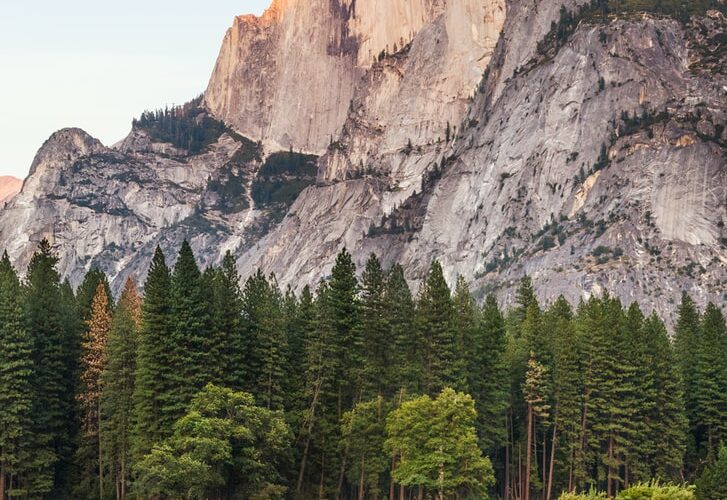
Firstly, the shift towards rewilding is being driven by urban dwellers and lobbying, who outnumber rural residents. Many such urban voters are out of touch with the rural environment and the consequences of rewilding which will mostly fall on the rural residents.
Secondly, the ‘past’ natural environment that many rewilding advocates vouch for, and want to achieve, ignores the changes in land and people’s livelihoods that have occurred since. Much of the rewilding movement thus becomes a romantic yearning for the past that downplays implications on people currently living on these lands.
And thirdly, as rewilding efforts increase, the populations of previously endangered species increase. Yet rewilding advocates reject calls to delist species from endangered lists (particularly relevant in the US).
So what?
These emerging counter narratives highlight important issues that rewilding efforts will have to consider moving forward.
The first narrative questions what it means to make democratic decisions in the context of rewilding, and how – or even if – people living far away from the impacts of rewilding should have a significant say in rewilding lands.
The second narrative should make rewilders question the future vision that they are aiming for (and thereby the past that they are trying to achieve with rewilding), and if it appropriately takes into consideration the impacts on people.
The third narrative highlights the tricky role of regulation in rewilding – in some areas, protection for endangered species paves the path for their rewilding. However, as rewilding efforts strengthen and animal numbers increase, such protection would gradually weaken, meaning rewilding efforts might lose support from existing legislation. What does this mean for the growth of rewilding in the future? Or is this a non-issue, for if we were to reach that stage, further rewilding efforts would not be as important?
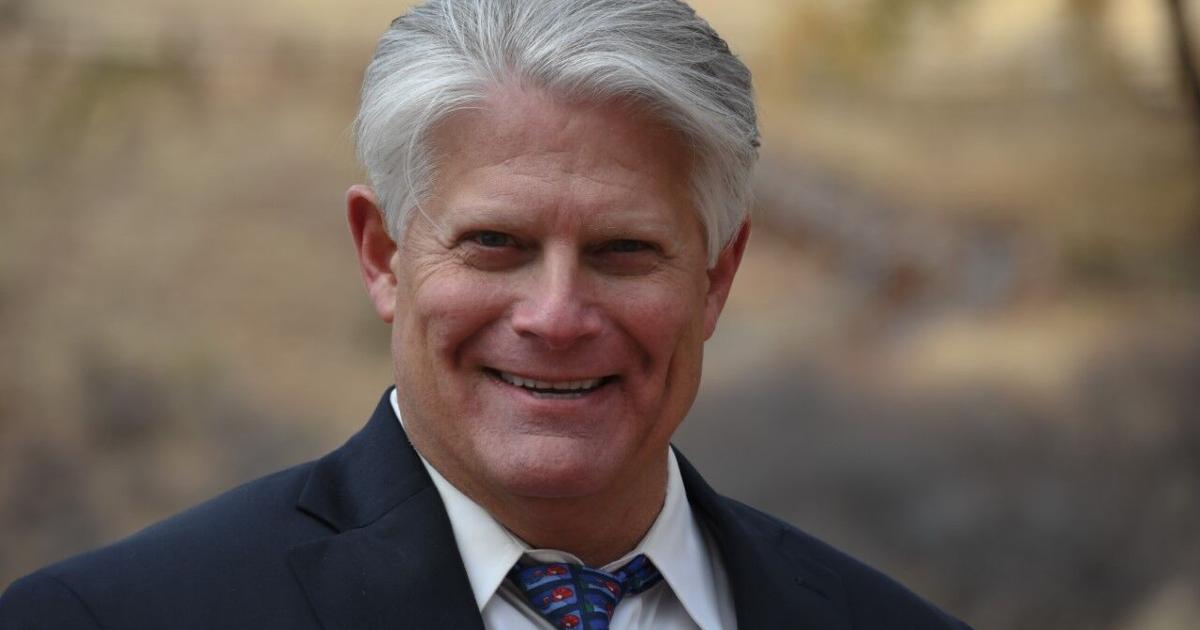
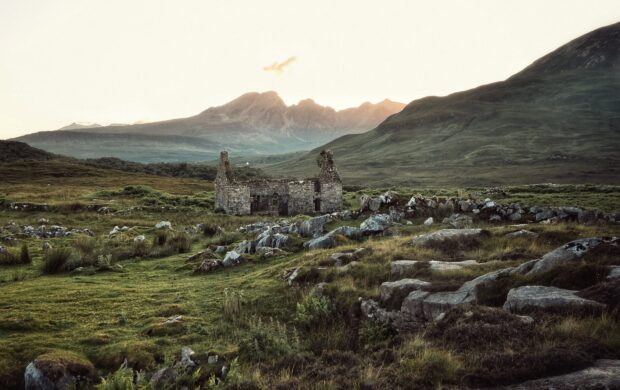
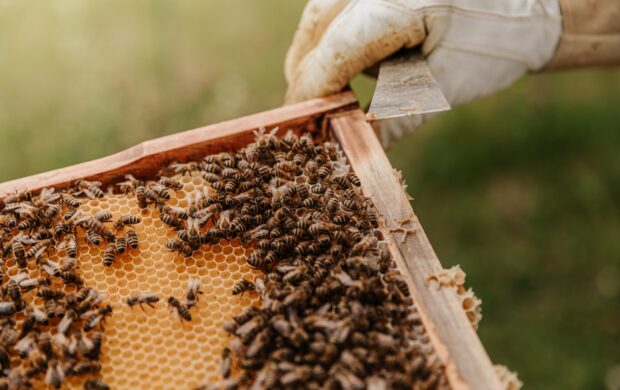
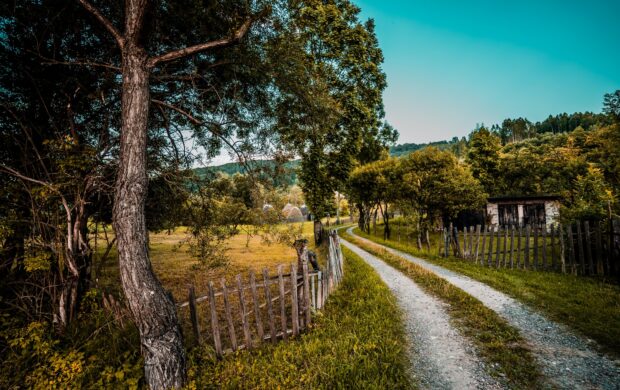

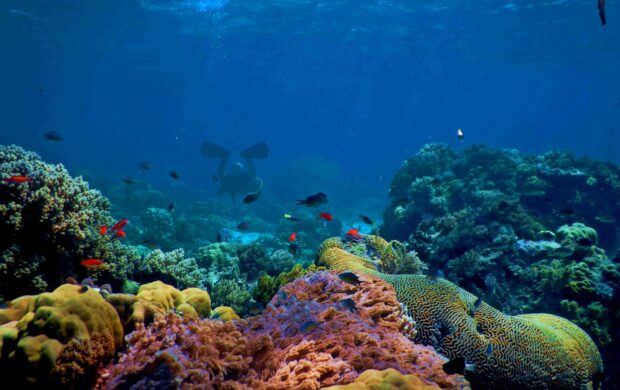

Join discussion